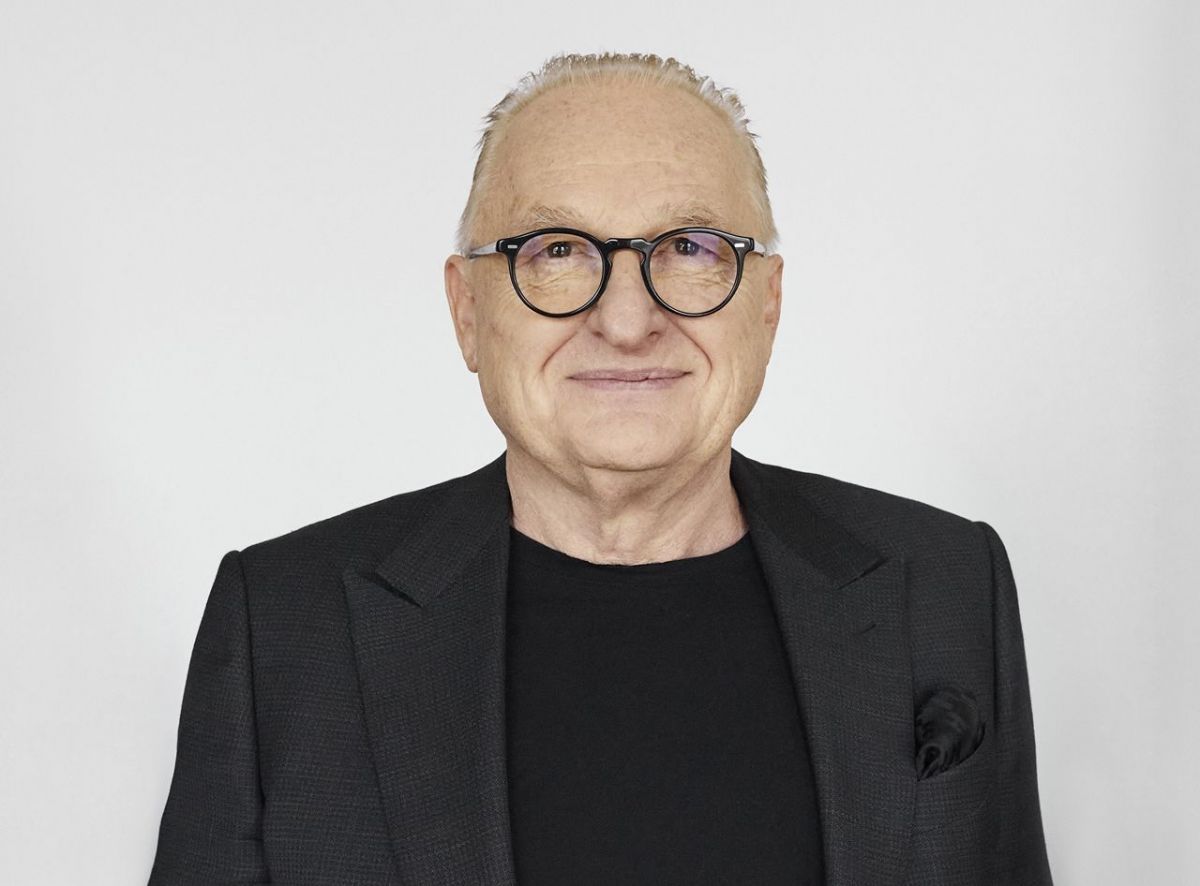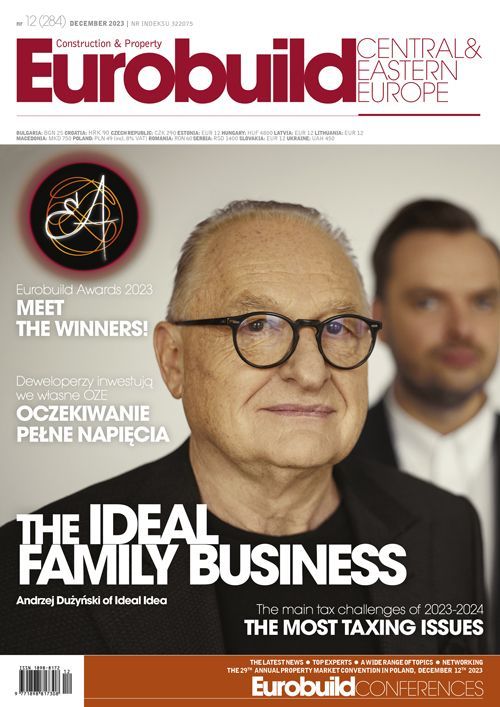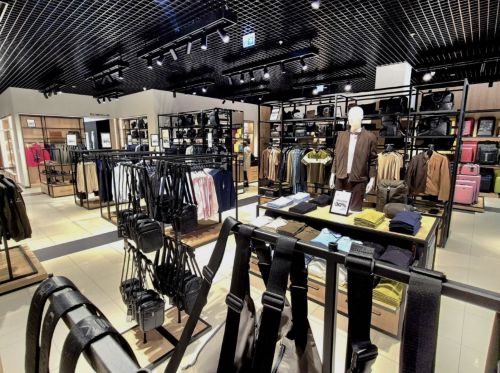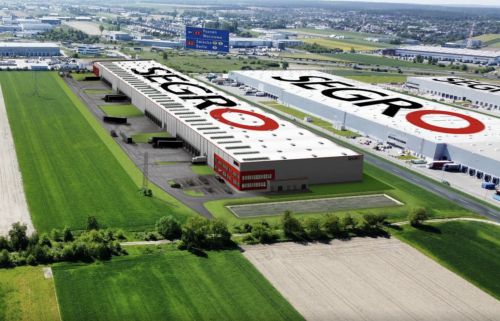Tomasz Cudowski, ‘Eurobuild CEE’: To be perfectly honest, things aren’t so good at the moment in the market in which you operate. The demand for new warehouse space in the first half of the year slumped again by 37 pct y-o-y – down by 18 pct on the H1 five-year average. Has this trend been evident in Ideal Idea’s results?
Andrzej Dużyński, the CEO of Ideal Idea: Well, I honestly can’t see any evidence of this trend in our own projects. We’ve had no problems with leasing out space, most of which we find tenants for before the occupancy permit has even been granted – and we’re not building big boxes but SBU projects, which in theory should be harder to lease.
Who generally leases from you? What kind of company is your typical tenant?
SBUs are mainly built for small and medium companies with a global reach. To make that point a bit clearly, it’s not Coca-Cola who’s going to lease from us but their business partners and distributors. SBU tenants have completel





























































